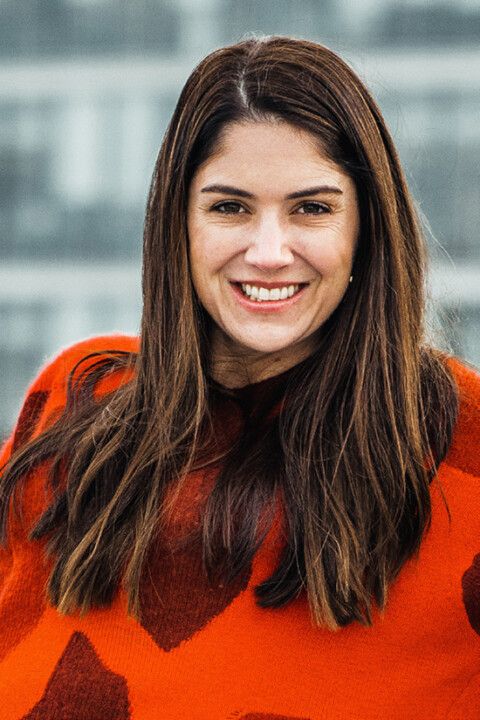Some down-on-their-luck practices are practically crying out for a buyer who sees their true potential. Here’s how I successfully turn around hidden gems, even when the banks go running scared.
BY WHITNEY D. WEINER, DDS, MS

However, they’re often far from worthless. Risky? For sure. But there’s a method to my madness. And besides, you haven’t lived until you’ve been ghosted by a bank.
Here’s the thing: With the right team, core values, mission and systems, I believe anything can be rehabilitated. Brown floral wallpaper straight out of an ’80s sitcom? No problem. Funky carpet in the ops? Pshaw. Paper appointment book . . . with entries done in pencil so they can be erased? Who cares? (Unless there’s a fire. Seriously, get those appoint-ments entered into a computer, pronto.) Really, though, in the right location and with the right crew, anything can work. Think of your people as a SWAT team descending with one mission: Facelift, infuse tech with all the bells and whistles, incorporate the existing amazing team and have them train newly acquired staff members.
Think of your people as a SWAT team descending with one mission: Facelift, infuse tech with all the bells and whistles, incorporate the existing amazing team and have them train newly acquired staff members.
Of the five practices I’ve purchased to date, two had negative cash flow, so I had to get creative. For one, the selling doctor financed me over two years at a fair interest rate. With the other, I laid out 75 percent of the purchase price using my own money to close the deal. Why? Well, I was sure both were diamonds just waiting to be polished. A little more risk with one than the other didn’t scare me (too much). Besides, I was able to roll the real estate into the deal, so when I put 75 percent down, a bank approved the rest.
The first deal was a passion project. I dreamed of having a small boutique office just blocks from my home. I would walk there daily during our remodel with my kids and rescue dog to check in. This was all part of a larger play, knowing in the next one or two years I would buy a practice with real estate in a highly desirable location.
Cut to 2021: A building came up for sale at the center of my small suburb. The practice was struggling and the building needed a gut, yet the location and bones were a 10. We bought and temporarily moved it into our other tiny, three-operatory office while gutting the inside of the practice and adding a whole new exterior façade. Seven weeks later (yes, seven weeks!), we were back in, merging the two practices and arming every op with flat-screens, IO cameras, scanners, CBCT, the works. The upside of being crammed in during the renovation was it created a bond between our old and new team members. This is now a banner location, and by the time you read this, we’ll have broken ground to add another 1,000-plus square feet to further expand our five-star sardine tin into a spacious showstopper.
Let’s be real. I don’t buy junk practices because I’m a degenerate gambler. My reasoning is brutally simple: Less initial spend equals faster ROI. I want to get in and get profitable, fast. To make it work for you, you need the same things I have: a solid leadership team (plus the moxie and stamina to maintain one), well-established procedures and a clear vision. If you have these, you can confidently look past a scary P&L, dig into your personal bag of tricks and turn an eyesore into a soaring success.
WHITNEY D. WEINER, DDS, MS is board-certified in periodontics and dental implants. An Incisal Edge 40 Under 40 honoree in 2022, she was also chosen as one of the Top 25 Women in Dentistry by Dental Product Report. In addition to leading five practices, she’s a mother to three rambunctious boys and a supportive partner to her husband, Eliot.


